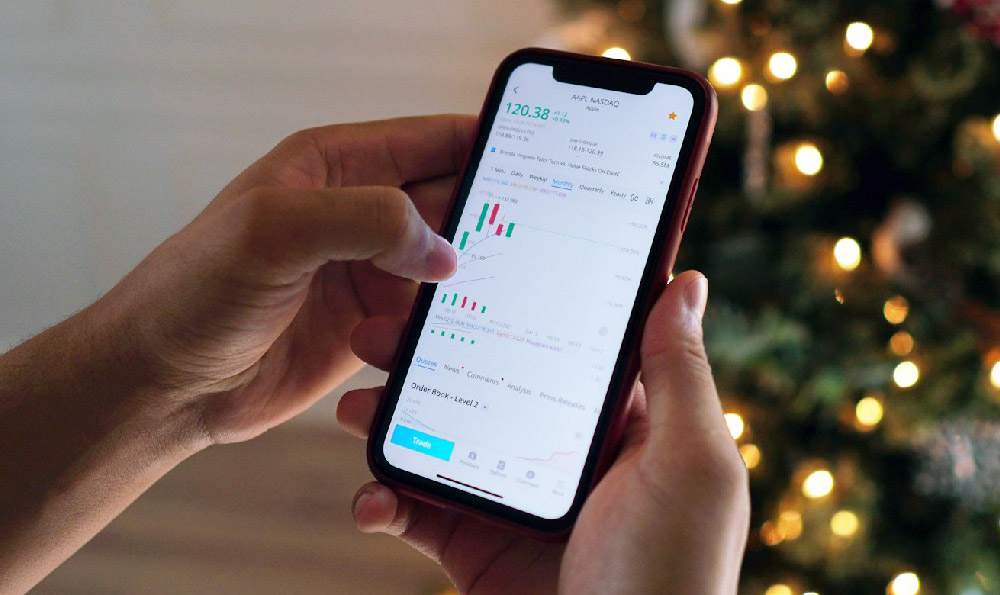Kevin O'Leary, the "Mr. Wonderful" of Shark Tank fame, has amassed a substantial fortune through a diverse array of ventures. While his abrasive television persona might suggest a ruthlessness driven solely by profit, a closer look reveals a shrewd businessman with a keen eye for opportunity and a penchant for calculated risk-taking. His path to wealth wasn't paved solely with gold; it was built on a foundation of entrepreneurial spirit, strategic acquisitions, and a willingness to adapt to changing market dynamics. Understanding his journey and current net worth requires examining the key pillars that support his financial empire.
O'Leary's initial foray into the business world was anything but glamorous. After a brief and unfulfilling stint in the corporate sector, he recognized the limitations of working within a structured environment and yearned for the freedom to pursue his own ideas. This entrepreneurial itch led him to co-found Softkey Software Products Inc. in the mid-1980s. Softkey, initially focused on educational software, grew through a strategy of acquiring struggling competitors and transforming them into profitable ventures. This aggressive acquisition strategy, while sometimes controversial, proved incredibly effective. Softkey didn't shy away from acquiring companies with tarnished reputations or outdated product lines. Instead, they saw potential where others didn't, leveraging their marketing expertise and operational efficiencies to breathe new life into these struggling assets. This approach differentiated Softkey from its competitors and allowed it to rapidly expand its market share.
The culmination of Softkey's growth came in 1995 when it acquired The Learning Company, a much larger and more established educational software company. In a clever piece of reverse takeover maneuvering, Softkey assumed the name "The Learning Company" after the acquisition. However, the integration of the two companies proved challenging. Despite the initial optimism, the combined entity struggled to maintain its profitability. Ultimately, in 1999, The Learning Company was sold to Mattel in a deal valued at approximately $3.8 billion. While this sale was initially hailed as a triumph for O'Leary and his shareholders, it soon turned sour. Mattel faced significant losses due to the poorly integrated acquisition, leading to a massive write-down and contributing to the ouster of Mattel's CEO. While O'Leary has maintained that the due diligence process was flawed and that Mattel ultimately mismanaged the acquisition, the Learning Company deal left a lasting mark on his reputation. However, the sale netted O'Leary a significant sum, providing him with the capital to pursue new investment opportunities.

Undeterred by the Learning Company debacle, O'Leary channeled his resources into a diverse range of investments, showcasing his adaptability and willingness to explore new sectors. He ventured into the world of reality television, joining the cast of Shark Tank, a move that significantly boosted his public profile and solidified his image as a savvy investor. Shark Tank provided him with a platform to showcase his business acumen and invest in promising startups. His participation in the show not only generated direct returns on his investments but also provided invaluable exposure for his other ventures. The "Mr. Wonderful" persona, though sometimes perceived as harsh, resonated with viewers and entrepreneurs alike, solidifying his brand as a discerning and results-oriented investor.
Beyond Shark Tank, O'Leary has invested in various sectors, including wine, real estate, and financial services. O'Leary Fine Wines, for instance, reflects his passion for the finer things in life and has become a successful business venture. Furthermore, he's actively involved in the fintech space, recognizing the transformative potential of blockchain technology and digital assets. His embrace of cryptocurrencies, while initially cautious, demonstrates his willingness to adapt to evolving market trends. He understands that the financial landscape is constantly changing, and he proactively seeks out opportunities to capitalize on emerging technologies.
Estimating Kevin O'Leary's net worth is a complex undertaking, as his assets are distributed across a variety of private and public ventures. However, credible sources generally estimate his net worth to be around $400 million. This figure reflects the cumulative impact of his entrepreneurial endeavors, strategic investments, and television earnings. It's a testament to his business acumen and his ability to generate wealth through a combination of innovation, calculated risk-taking, and brand building.
The key takeaway from O'Leary's success story is not simply the accumulation of wealth, but the underlying principles that drive his investment decisions. He emphasizes the importance of due diligence, understanding the market, and focusing on businesses with strong fundamentals. He's a firm believer in building sustainable, profitable businesses, rather than chasing fleeting trends. He’s also a strong proponent of diversification, spreading his investments across different sectors to mitigate risk. While he’s known for his demanding approach, he consistently stresses the importance of building strong relationships with entrepreneurs and providing them with the resources and guidance they need to succeed.
Ultimately, Kevin O'Leary's wealth is a product of his entrepreneurial spirit, strategic vision, and unwavering commitment to creating value. He serves as an example of how a combination of hard work, calculated risk-taking, and adaptability can lead to substantial financial success. His journey, marked by both triumphs and setbacks, offers valuable lessons for aspiring entrepreneurs and investors alike. He demonstrates that success isn't simply about making money; it's about building sustainable businesses and creating lasting value.












